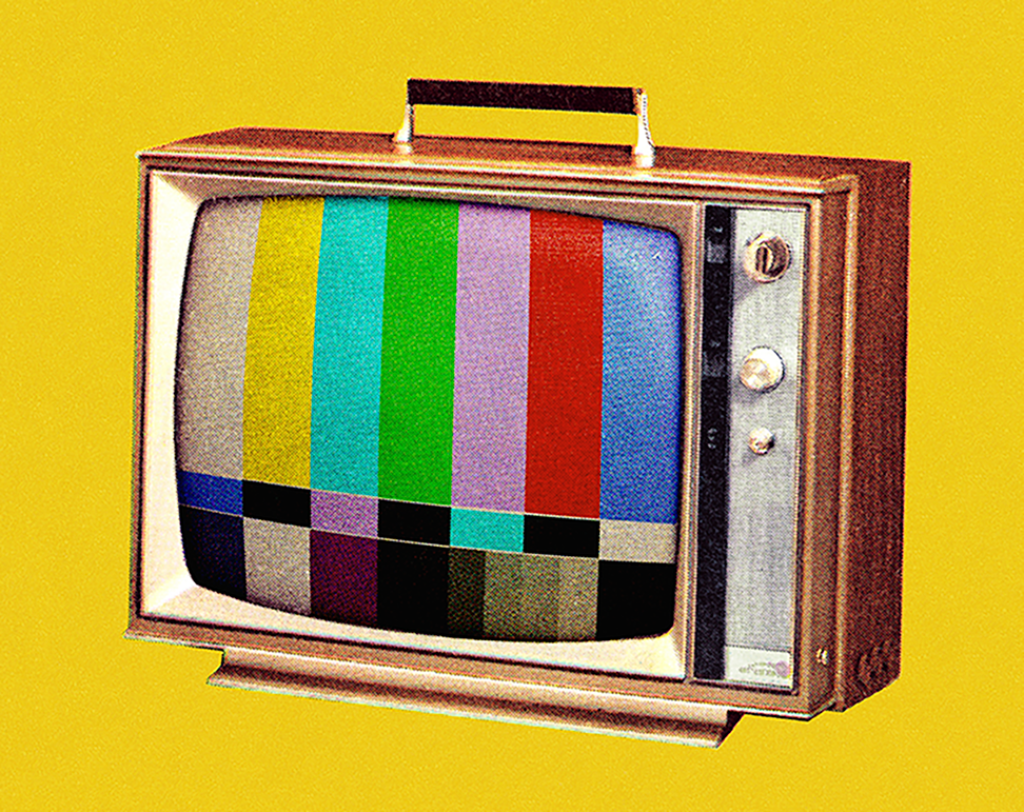"Know the media. Change the media. Be the media."
That motto for Vancouver's Media Democracy Days refers respectively to three pillars of media democratization: developing critical understanding of the media system; reforming media structures and public policy, to encourage greater diversity and equality; and building independent, progressive "alternative" media.
A fourth pillar—call it "Do the media"—comprises developing the communicative capacity of social movements for democratic progressive change.
Research helping us to "know the media" has a long pedigree—several generations in the US, from Upton Sinclair and Ben Bagdikian, to Robert W. McChesney and emerging scholars like Victor Pickard. In Canada, Marc Edge, James Winter and Newswatch Canada (The Missing News: Filters and Blind Spots in Canada's Press), amongst others, have highlighted how concentrated corporate control and hyper-commercializaton have constrained journalism. Frances Henry and Carol Tator, in Discourses of Domination, point to the subtle ways that racism is embedded in Canadian press narrative.
The point, of course, is not just to interpret the world, but to change it. In capitalism's North Atlantic heartland, twentieth century progressive movements sometimes campaigned around specific media issues—for public broadcasting, against racism and anti-labour bias in media. In the 21st century, such interventions have gelled into sustained movements consciously directed towards reshaping the media and/or creating new alternatives, incidentally opening new fields for scholarly research. In choosing just five titles, many valuable contributions must be excluded. I present chronologically academic titles that both reflect and inspire media democracy activism, and are accessible to general readers. Four of the five are multi-authored, with chapters that stand in their own right.
1. Radical Media: Rebellious Communication and Social Movements
John D.H. Downing with Tamara Villarreal Ford, Geneve Gil, & Laura Stein (2001)
This is the granddaddy of books on "alternative media" —a label that Downing rejected as too nebulous, and one increasingly co-opted by the "alt-right". Engagingly written, Downing first offers theoretical grounding for the previously overlooked significance of radical media. He and his collaborators then launch an exhilarating ride through the struggles and achievements of radical media, spanning centuries and continents, from the effervescence of radical media during the 1974 overthrow of fascism in Portugal to the slow-building momentum of samizdat in the Soviet bloc, from oppositional religious pamphlets in 16th century Europe to the Zapitistas' use of the Internet in the 1990s. His concept of 'media' is broad, including dance, jokes, song, graffiti, dress, street theatre, culture-jamming, posters and (whew!) much else. Throughout, the book celebrates people's capacity for resistance and creativity through communication.
2. Making Our Media: Global Initiatives Toward a Democratic Public Sphere, Vol. I, Creating New Communication Spaces
Clemencia Rodriguez, Dorothy Kidd, & Laura Stein, eds. (2010)
Vol. II, National and Global Movements for Democratic Communication
Laura Stein, Dorothy Kidd, & Clemencia Rodriguez, eds. (2009)
By the time this two-volume project was published, democratic media initiatives were redefining communication rights, and bringing together new popularly accessible technology (community radio, handheld video, Indy Media Centres) with resistance to dictatorship and neoliberalism. Short essays introducing each of the seven sections provide illuminating contexts to the 24 cases of transnational and national interventions, many from the global South.
3. Digital Disconnect: How Capitalism is Turning the Internet Against Democracy
Robert W. McChesney (2013)
As the Internet developed, early technotopian hopes for more equal, informed and participatory civic communication faded. McChesney accessibly overviews the political economy of communication to explain why (hint: see the book's subtitle), and makes specific proposals for structural and policy reforms to put the Internet on a more democratic trajectory. His call for making broadband free to all as a basic right surely resonates in the wake of the Covid pandemic.
4. Journalism in Crisis: Bridging Theory and Practice for Democratic Media Strategies in Canada
Mike Gasher, Colette Brin, Christine Crowther, Gretchen King, Errol Salamon, & Simon Thibault, eds. (2016)
Warnings of a "crisis" in "civically relevant" journalism have grown more clangorous. In common with McChesney, this book presents journalism's problems as the consequence of long-standing structural contradictions. The editors pose a choice: "work to protect forms of journalism that help sustain democratic life, or…wait and hope new technologies and economic models will deliver what we need." The contributing journalists, academics and media activists choose the former. (Disclosure: I co-authored two of the 13 chapters.)
5. Carbon Capitalism and Communication: Confronting Climate Crisis.
Benedetta Brevini and Graham Murdock (eds.) (2017)
Climate crisis raises new and urgent tasks for democratic media: how to contest carbon capital's power and the narratives of endless consumption and growth, and how to provide space for alternatives. Interspersing interviews with short essays, environmental activists, journalists and academics consider various aspects of how communication both contributes to and contests humanity's biggest challenge. A good entry point into this emerging literature.







